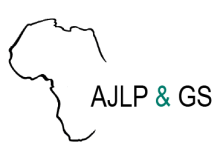Resource information
Mobile Terrestrial LiDAR (Light Detecting And Ranging) (MTL) is a new technology adapted to increasing need of 3D geo-referenced data. The system requires an integration of laser scanners with other sensors of navigation such as GPS and INS and inertial measurement unit. This fusion allows direct georeferencing of point cloud data. As well as the practical accuracy, the theoretical accuracy of raw data also deals with the investors in the mobile mapping systems. This study evaluates the theoretical accuracy of point clouds produced by MTL system through the error propagation theory. The accuracy estimation implies a description of sensors integration, synchronization and calibration. In addition, this paper presents models of reference transformation. The results of this study show that the MTL data accuracy depends on several parameters. Among these parameters, the range is the most critical one.


